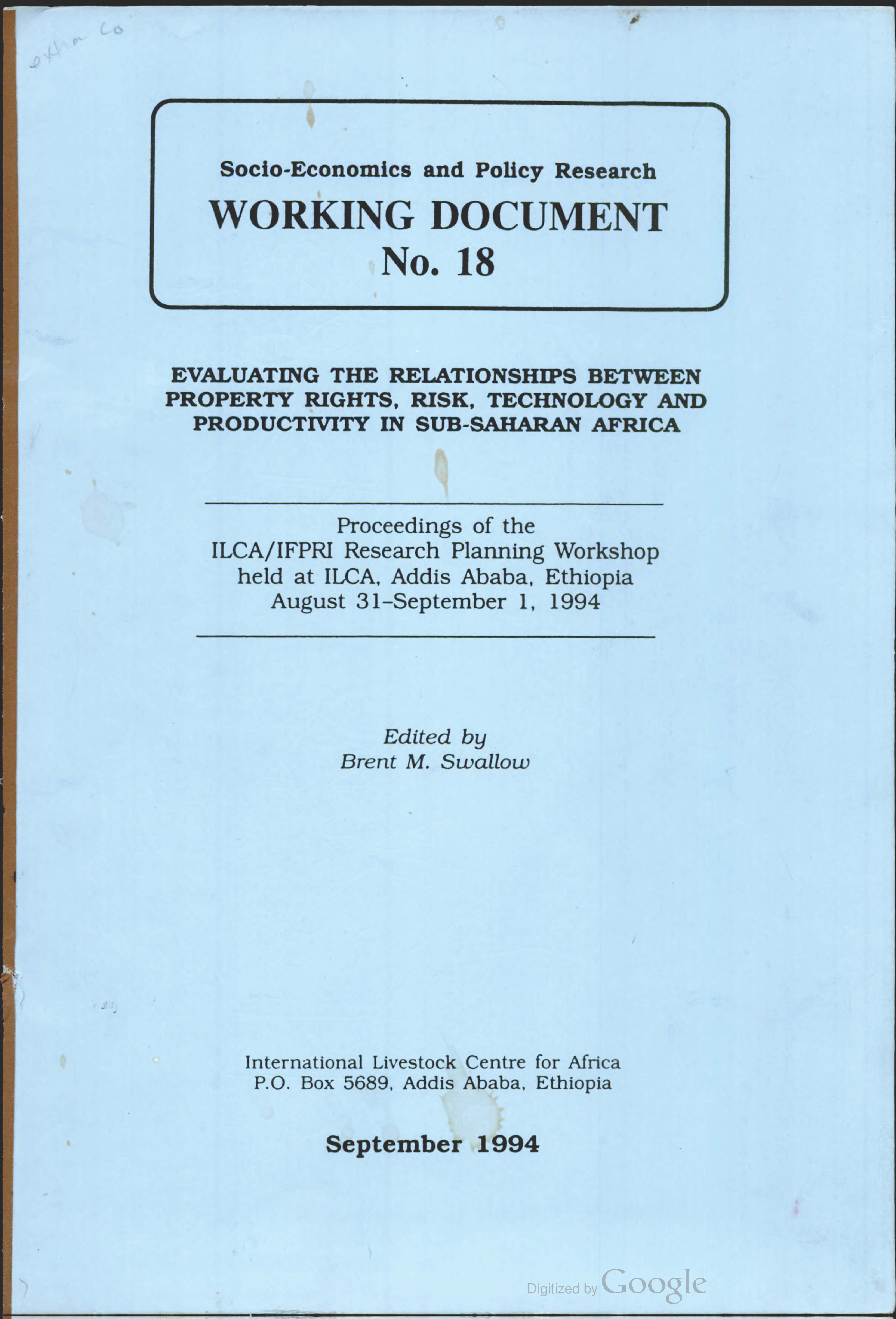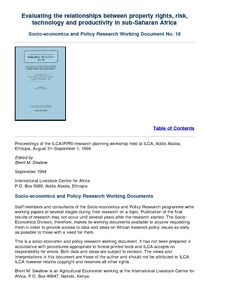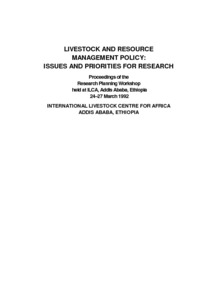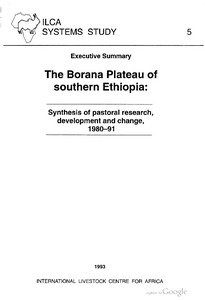Location
Vision, mission and strategy
ILRI's strategy 2013-2022 was approved in December 2012. It emerged from a wide processof consultation and engagement.
ILRI envisions... a world where all people have access to enough food and livelihood options to fulfil their potential.
ILRI’s mission is... to improve food and nutritional security and to reduce poverty in developing countries through research for efficient, safe and sustainable use of livestock—ensuring better lives through livestock.
ILRI’s three strategic objectives are:
- with partners, to develop, test, adapt and promote science-based practices that—being sustainable and scalable—achieve better lives through livestock.
- with partners,to provide compelling scientific evidence in ways that persuade decision-makers—from farms to boardrooms and parliaments—that smarter policies and bigger livestock investments can deliver significant socio-economic, health and environmental dividends to both poor nations and households.
- with partners,to increase capacity among ILRI’s key stakeholders to make better use of livestock science and investments for better lives through livestock.
This is ILRI’s second ten-year strategy. It incorporates a number of changes, many based on learning from the previous strategy (2000–2010, initially produced in 2000 and modified in 2002), an interim strategy (2011–2012) and an assessment of the external and internal environments in which the institute operates.
Members:
Resources
Displaying 981 - 985 of 1152Evolution of resource use and property rights under risk: Issues
Since September 1993, ILCA and IFPRI have been engaged in a discussion about the most important, researchable, issues in the area of property rights. A concept note has been developed for collaborative research on the evolution of resource use and property institutions under risk. The starting point or framework was the Boserup, McIntire (and others) model of gradual intensification. This model has been used in documents such as the Winrock Assessment of Animal Agriculture to predict paths of future development and recommend research to facilitate that development.
Evaluating the relationships between property rights, risk technology and productivity in sub-Saharan Africa
This document reports the results of a small meeting of social scientists from ILCA and IFPRI held at ILCA. The workshop was conceived to summarize the results of studies previously conducted by ILCA and others, to identify priorities for future research; to provide guidance for future research - problems, methodology, locations, and resource requirements, and to consider specific proposals for future research and evaluate the areas of complementarity and/or overlap with other past or current projects.
Cattle breed preferences and breeding practices in southern Nigeria
Reports on completed and planned research to examine farmers' perceptions of different breeds, the discretion they exercise over breed composition, and the impacts of breed perceptions on breeding practices. ILCA has recently undertaken three household surveys that shed light on farmers' breed preferences and breeding practices. The survey results indicate that farmers' breed prortfolios are the outcome of dynamic processes that vary across farmers and environmental conditions.
Trade and pricing policies in the context of sustainable livestock production in sub-Saharan Africa
This papers examines the trade and price trends for livestock products emerging for the 1990s in sub-Saharan Africa, the issues that these trends present for policy research, the potential impact of research that addresses the identified issues, and wheather ILCA have a comparative advantage in undertaking work on the identified issues and wheather there are potential collaborators to work with. The issues and areas identified constitute a modest set of suggestions for future research.
The Borana plateau of southern Ethiopia: synthesis of pastoral research, development and change, 1980-91. Executive summary
The Borana plateau of southern Ethiopia: synthesis of pastoral research, development and change, 1980-91 summarises results from work conducted by 40 people in the southern Ethiopian rangelands between 1980 and 1991. The first chapter reviews rangelands and rangeland development in Ethiopia. The second chapter is an introduction to the Borana plateau: natural resources and pastoral society. The next three chapters deals with vegetation dynamics and resoruce use, Borana household economy, and livestock husbandry and production.






